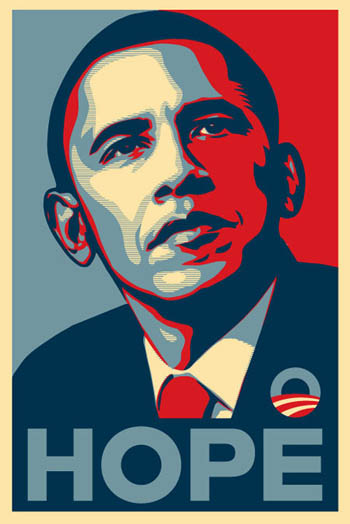Judith Butler on Obama
November 18th, 2008 
In the blogosphere a recent text by Judith Butler entitled “Uncritical Exuberance?” circulates. The text will supposedly be published in The Nation soon, but luckily it is online already for us to read.
Butler’s analysis of the political situation in the US after the election of Obama is an interesting read, and it has already created quite a discussion on different blogs. Butler’s article criticizes the idea of the election of Obama as a “redemption” – saving the US from all its ills. She rightly reminds us about the almost unavodiable disapointments we might get from the new president. She asks:
“To what consequences will this nearly messianic expectation invested in this man lead? In order for this presidency to be successful, it will have to lead to some disappointment, and to survive disappointment: the man will become human, will prove less powerful than we might wish, and politics will cease to be a celebration without ambivalence and caution; indeed, politics will prove to be less of a messianic experience than a venue for robust debate, public criticism, and necessary antagonism. The election of Obama means that the terrain for debate and struggle has shifted, and it is a better terrain, to be sure. But it is not the end of struggle, and we would be very unwise to regard it that way, even provisionally. We will doubtless agree and disagree with various actions he takes and fails to take. But if the initial expectation is that he is and will be “redemption” itself, then we will punish him mercilessly when he fails us (or we will find ways to deny or suppress that disappointment in order to keep alive the experience of unity and unambivalent love).”
On the online journal epicp, Dan S. Wang is sceptical to Butler’s critique of the optimism that has followed the election of Obama. In “A Response to Judith Butler: Working on Optimism” he sees the current optimism as a starting point for a new intensification in grass-root work on the left, while asking “if the primary job of critical theoreticians [like Butler is] to poke holes in our optimism, our satisfaction, our good feelings? Even if the exuberance has run its short course and rendered the question moot, I still answer, no, not as an end in itself, or as a precondition for further political work.”